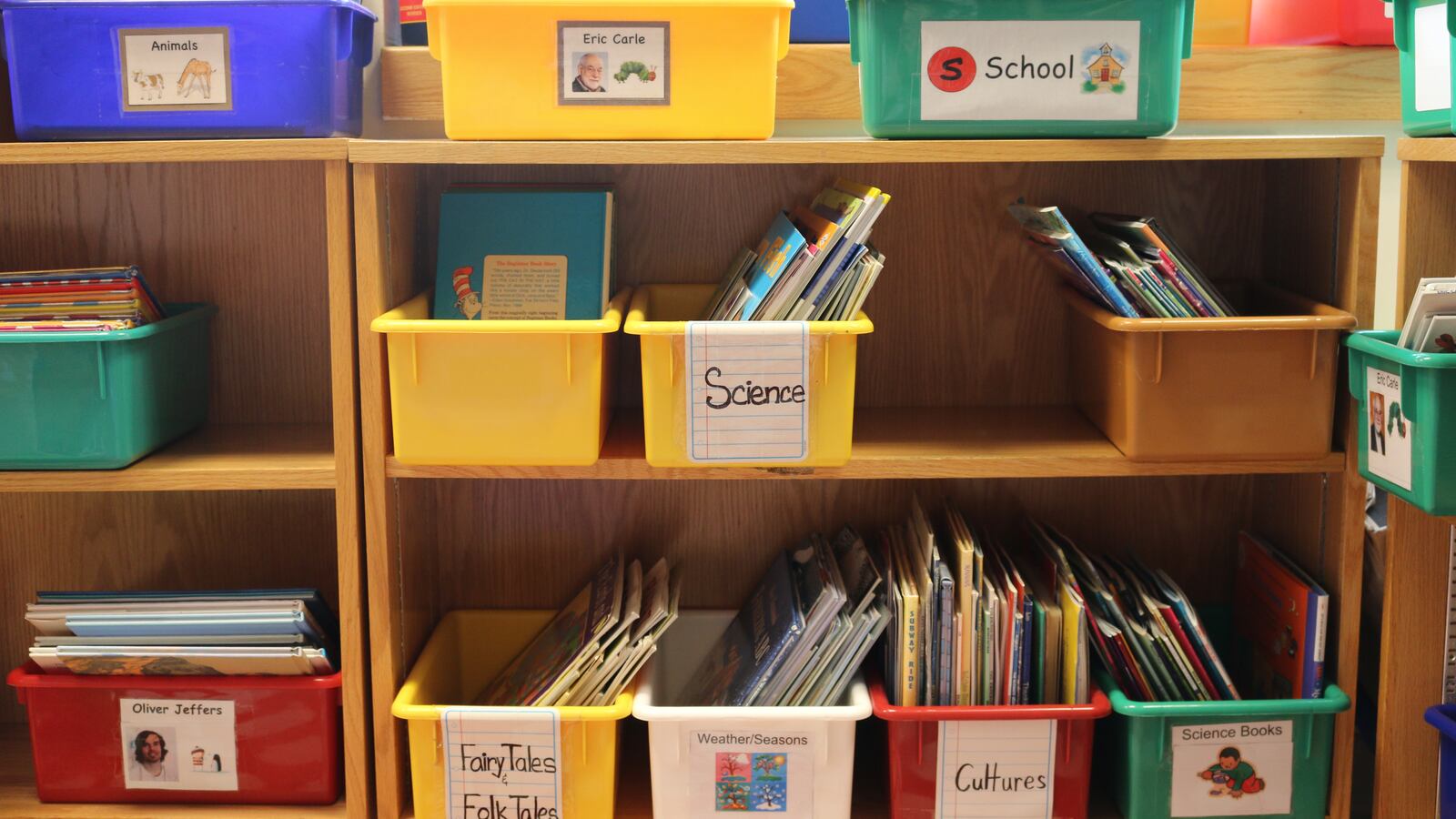District 9 in the Bronx is home to almost 18,000 elementary school students. Only about 55 of them were enrolled in gifted and talented programs last year.
A new task force launched by the Brooklyn and Bronx borough presidents wants to dig into why that is — and what should be done about it.
New York City’s gifted programs are starkly segregated by race and class. A majority of city students are black or Hispanic. But those students make up only 27 percent of gifted enrollment. And while 77 percent of students citywide are poor, the poverty rate in gifted programs is about 43 percent.
With limited access to gifted programs, Bronx Borough President Ruben Diaz, Jr. said it’s no wonder minority students are also woefully underrepresented in the city’s elite specialized high schools — another issue the task force will address.
The latest round of acceptance data for specialized high schools, released last week, shows that the number of black and Hispanic students admitted to those schools hasn’t budged past 10 percent.
“If they’re not in gifted and talented, then they’re not prepared to pass the exams that place you in specialized high schools,” Diaz said.
Admission to specialized high schools hinges on the results of a single exam — as does entry into gifted programs starting in kindergarten.
The city has tried to boost diversity in both areas, offering test prep for the specialized high school exam, and administering the test during the school day at a handful of middle schools in underrepresented communities. The department also recently opened new gifted programs in districts that had gone years without any: Districts 7 and 12 in the Bronx, and Districts 16 and 23 in Brooklyn.
But Brooklyn Borough President Eric Adams called the department’s diversity moves “a new coat of paint” that fails to address bigger problems.
“We have to dig deeper,” he said. “Lack of diversity is not going to produce the leaders we want.”
The borough presidents hope the task force will come up with recommendations beyond traditional solutions like offering test prep, and suggest ways to address systemic issues, such as offering gifted testing to all students in universal pre-K programs and helping parents better prepare their children for success in school.
Adams also said the department needs to figure out how to make sure all parents have access to information on how to enroll in the sought-after programs, especially in communities with large immigrant populations or where parents don’t have experience dealing with big bureaucracies like the Department of Education.
“They think, ‘Well this information is out there. Everyone has access to it,’” he said. “That is not true. Government is frightening for those who aren’t used accessing it.”
Not everyone is convinced gifted and talented programs will help address inequity. In an editorial in Quartz last year, researchers Halley Potter and Allison Roda, who have both studied equity issues in New York City schools, said the solution will require “radically reimagining gifted education, and eliminating separate G&T programs altogether.”
“New York City’s current approach to gifted education is founded on separation,” they wrote.
Yet despite the lingering disparities, Diaz said all children deserve access to programs like gifted and talented.
“Some of them are [English Language Learners], some of them have special needs. But some of them need to be challenged intellectually,” he said. “We need to do the best we can for every single one of our students.”
The first task force meeting will be held at 6 p.m. on March 20 at Bronx High School of Science, located at 75 West 205th St. The Brooklyn meeting has been rescheduled due to snow, and will be held at 6 p.m. on March 28 at Bedford Stuyvesant Restoration Plaza, located at 1368 Fulton Street.


